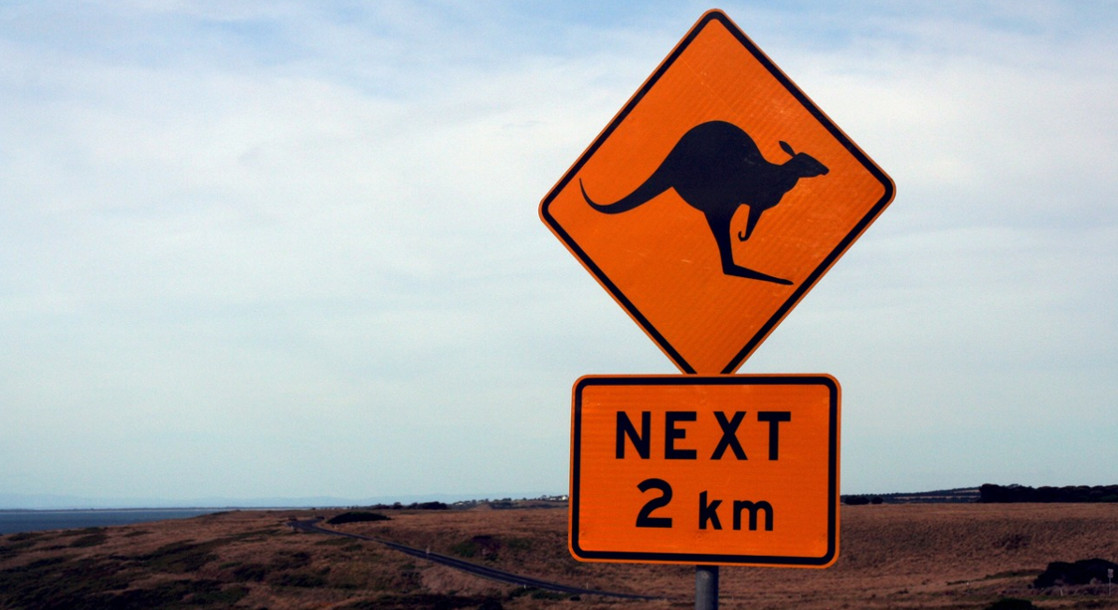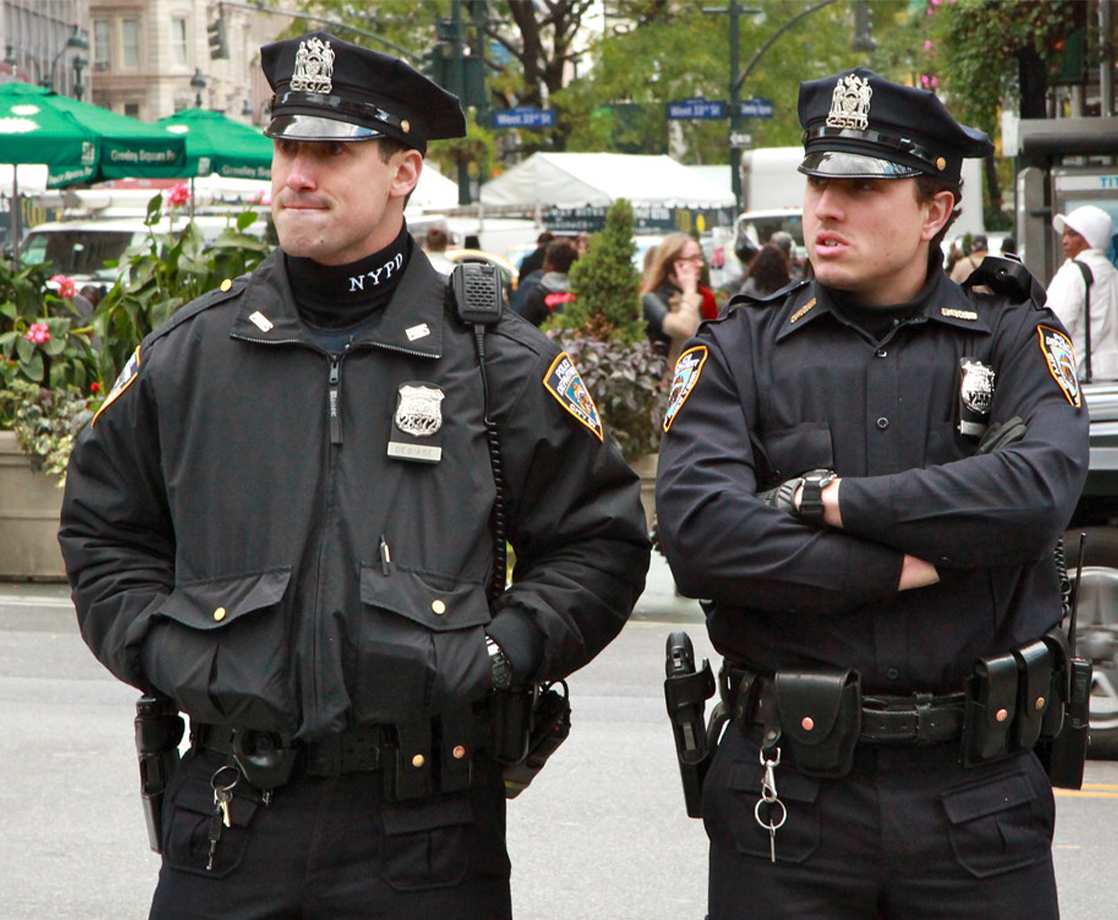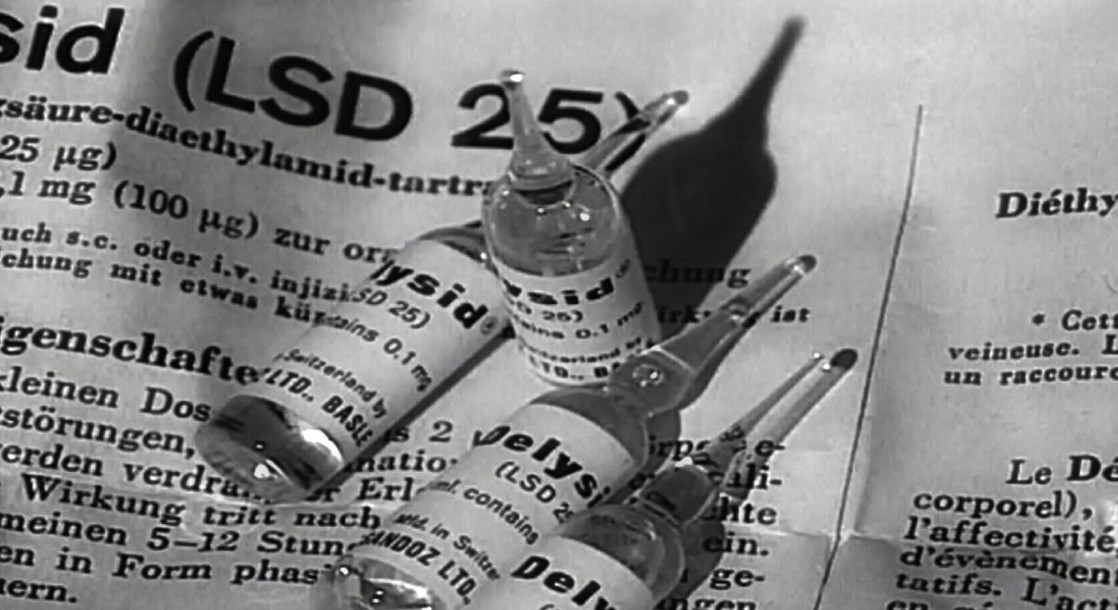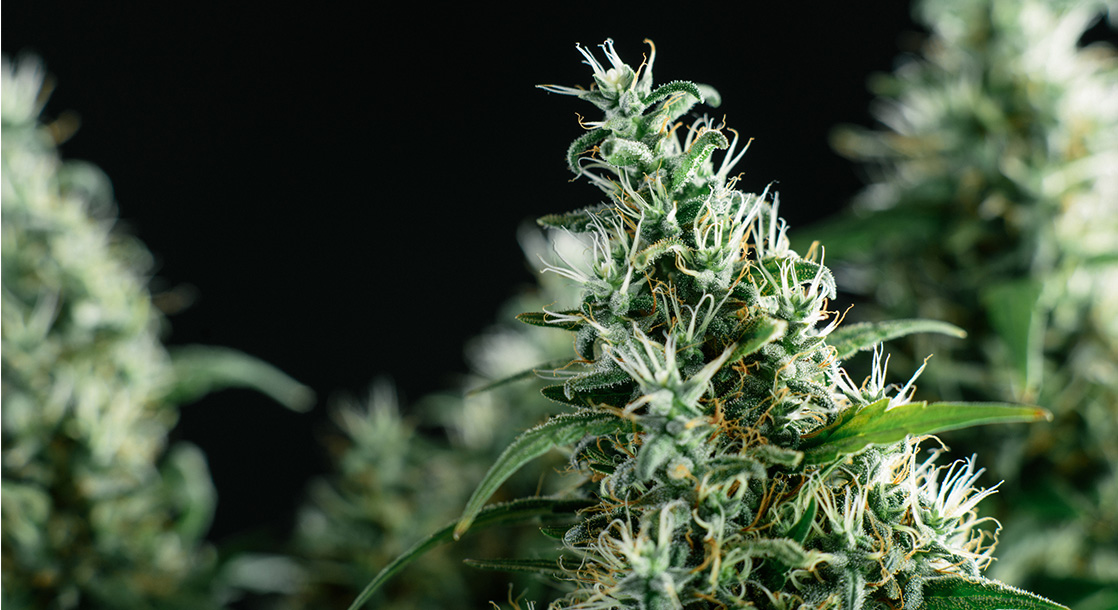Photo via pxhere
The Australian Greens have proposed that the country should fully legalize the sale and use of recreational cannabis. "Governments around the world are realizing that prohibition of cannabis causes more harm than it prevents," Greens party leader Richard di Natale said in a speech Monday, the Sydney Morning Herald reports. "It’s time Australia joined them and legalized cannabis for adult use."
Di Natale, a former doctor, said that he had personally “seen that the ‘tough on drugs’ approach causes enormous harm,” The Guardian reports. “It drives people away from getting help when they need it and exposes them to a dangerous black market. Our plan to create a legal market for cannabis production and sale will reduce the risks, bust the business model of criminal dealers and syndicates and protect young people from unfair criminal prosecutions.”
The party's proposal bears more similarities to Uruguay's government-controlled cannabis program than the recreational marijuana markets launched in some U.S. states. The plan would establish an Australian Cannabis Agency, which would have a complete monopoly on the production, supply, and sale of cannabis. Legal weed would be sold to adults via licensed shops, and would be subject to both sales and excise taxes.
Former Australian Federal Police (AFP) commissioner Mick Palmer has come out in support of the Greens' cannabis initiative. "The very nature of law enforcement, when you have it focused on this sort of 'use and possess' crime or activity, is that it will discriminate against people that are most vulnerable," he told the Australian Broadcasting Corporation (ABC). "People most likely to come to notice of police are Indigenous people, homeless people, people who suffer mental health and other health related problems, including people like Vietnamese vets.”
The Australian Medical Association (AMA) quickly announced their “significant reservations” over the Greens' proposal, however, arguing that cannabis poses potential health risks for those aged under 21. AMA Vice President Tony Bartone told the Sydney Morning Herald that his association has “considerable concerns about the risk for the young brain and the possibility of bringing on psychosis, especially in the younger age group."
But despite these concerns, the AMA is still convinced that cannabis prohibition has been a failure. "The courts are clogged with people [on drugs charges]," Bartone said. "We see recreational use of cannabis as a health issue not a criminal issue." The Australian Criminal Intelligence Commission reports that over 75,000 people are arrested every year for cannabis-related crimes.
Individual Australian territories criminalized recreational cannabis use between the 1920s and 1950s, but many of these territories decriminalized minor cannabis offenses in the early 2000s. In 2016, the Parliament amended the Narcotic Drugs Act to legalize cannabis production for medical use. The country's medical marijuana program has been growing very slowly, and the Labor party has accused the government of blocking cannabis imports and otherwise delaying the program's progress.
“Banning cannabis hasn’t reduced its use or availability yet it has distracted police from following up more serious crimes, harmed a lot of young people and helped make some criminals rich,” Alex Wodak, president of the Australian Drug Law Reform Foundation, said to The Guardian. “Regulating cannabis will give government more control and increase government revenue, which can be used to fund drug prevention and treatment.”
The Greens' proposal is the first time that members of the Australian Parliament have officially advocated full cannabis legalization. The Coalition and Labor parties, the major parties in Parliament, supported recent legislation to legalize medical cannabis, but have shied away from supporting full recreational use. Although the Greens remain a minority in Parliament, their advocacy for issues including gender equality, gay marriage, ecological sustainability, and now cannabis reform, have drawn increasing support among young Australians.











